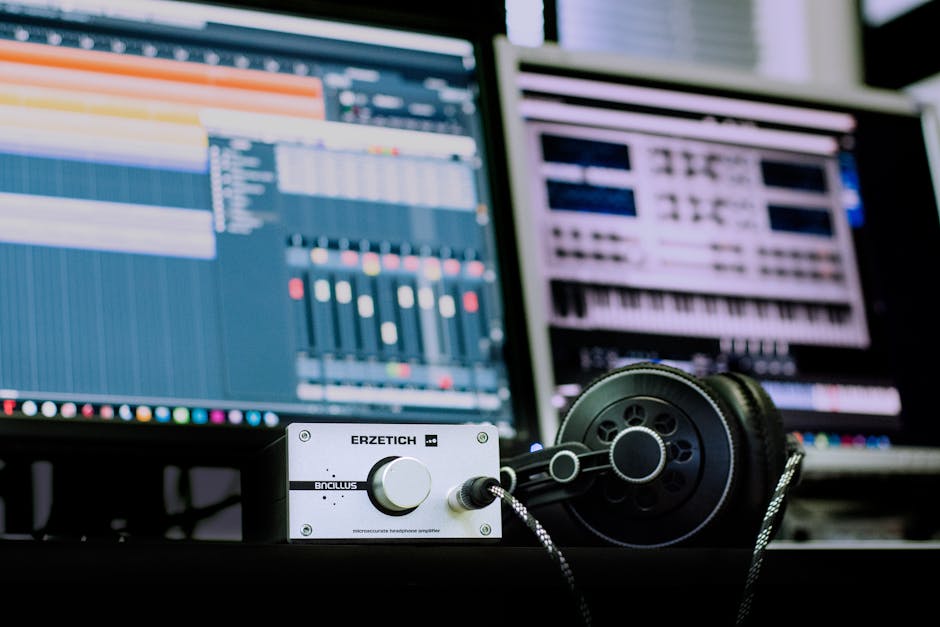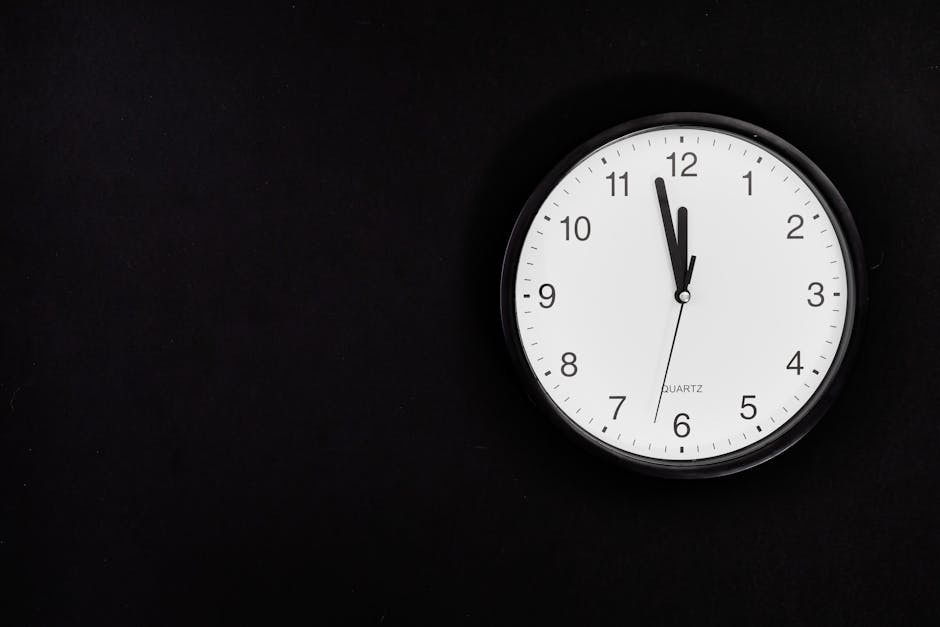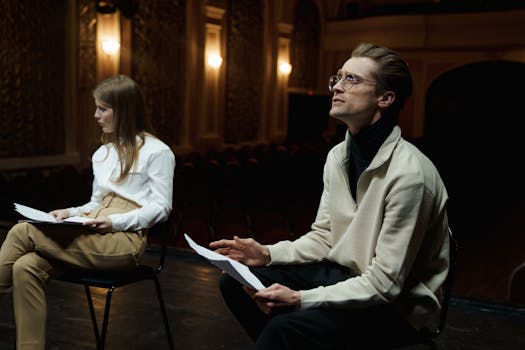The relationship between a director and a composer can be one of the most rewarding creative partnerships in filmmaking. When it works well, it produces a film score that elevates the story, deepens the emotional impact, and complements every scene. However, there are certain pitfalls that can derail this collaboration. Here are five things to avoid in a composer-director relationship to ensure a smooth and successful process:
1. Don’t Forget About Budget

Open discussions about the budget are essential from the start. Composers often need to hire musicians, rent studio space, and manage other production costs, so being upfront about financial limitations will prevent misunderstandings later. By being clear about the budget, the composer can tailor their approach, whether it’s an orchestral score, a minimalist electronic composition, or a blend of both, to fit within those constraints.
2. Don’t Micromanage the Music

As a director, you likely have a clear vision for your film. However, it’s important to give your composer creative freedom to interpret your vision musically. Micromanaging every note or asking for an exact replication of temp tracks can hinder their creativity. Trust your composer’s expertise and allow them the space to bring something unique to your project. The best collaborations happen when both sides respect each other’s craft.
3. Avoid Vague Instructions

While micromanaging is problematic, being too vague can also cause issues. Telling your composer to “make it sound emotional” or “add drama” without specific guidance leaves them guessing about what you want. Instead, be clear about the tone, mood, and emotions you want to evoke in each scene. Explain how you want the music to reflect the characters’ journeys or the emotional arc of the film.
4. Don’t Underestimate the Power of Temp Tracks

Temp tracks can be incredibly useful in communicating the tone or pacing you want for a scene. However, they should be used as inspiration, not a strict guide. Asking your composer to recreate a temp track exactly can limit their creativity. Instead, let the temp music spark a conversation and trust your composer to bring a fresh perspective to the score.
5. Don’t Underestimate Time

Composing a score is a detailed process that takes time for composition, revisions, and recording. Directors often face tight deadlines, but it’s important to allow the composer enough time to create their best work. Rushing the process can lead to a score that feels incomplete or lacking in depth. Make sure to build a timeline that gives your composer the space to craft a score that truly enhances the film.
Conclusion: By avoiding these common pitfalls, directors can build a strong, trusting relationship with their composer, leading to a score that not only fits the film but takes it to a higher level. When both sides respect each other’s strengths and roles, the results can be extraordinary.



Leave a Reply